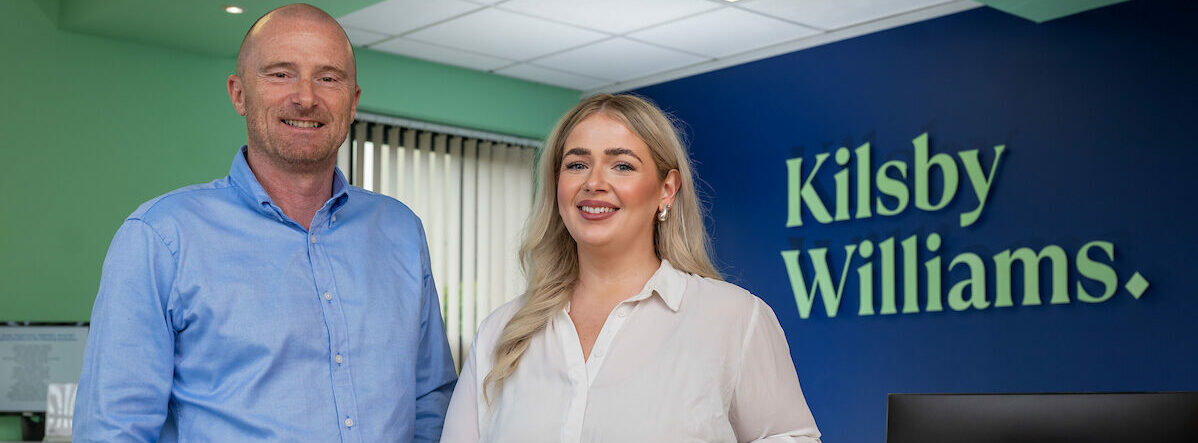When the FHL rules are abolished on 6 April 2025 all properties previously qualifying as FHLs will convert to being taxed as long-term residential let properties. Below is a list of tax benefits available to individual owners of FHL properties and the corresponding tax treatment of long-term residential let properties:
| FHL | Long-term Residential Letting |
| The full amount of finance costs, i.e. mortgage interest, can be deducted from rental income. | Finance costs are not deductible in calculating taxable rental profits, although 20% of finance costs are available as a tax reducer. |
| Business asset disposal relief (BADR) may be available, which results in a 10% capital gains tax rate on a property disposal. | BADR is not available. The capital gains tax rate would be 24% for higher rate taxpayers and 18% for basic rate taxpayers. |
| Income is treated as relevant earnings for pension purposes meaning tax-advantaged pension contributions can be made. | Income is treated as investment income and does not count as relevant earnings for pension purposes. |
| Capital allowances on items such as furniture, fixtures & fittings can be claimed against rental income. | Tax relief is only available on the replacement of domestic items. |
| Capital gains can be rolled over into the purchase of further FHL properties. | Rollover relief is not available except in very limited circumstances. |
| Holdover relief (also known as gift relief) can be claimed when an FHL is gifted, to a family member for example. | Capital gains tax is payable when a property is gifted. |
| Flexible profit-sharing. | Profits shared in line with beneficial ownership. |
It is not yet clear what transitional rules will be introduced. In particular:
- Will there be a balancing charge on capital allowance pools?
- What will happen to brought forward FHL losses?
- How will the anti-forestalling rules on property disposals be applied?
- Will FHLs no longer need to be VAT registered?
The Government are expected to announce further details on the transitional rules soon.
Are there any planning opportunities?
There are a few things that owners of FHL properties might consider doing before the rules change:
- Conduct a review of capital allowances to “bank” allowances before the opportunity is lost. This depends on how capital allowance pools will be treated on transition, but it may be beneficial to carry out a review regardless.
- Accelerate any planned improvement, conversion or refurbishment work.
- If there is an intention to sell or gift any FHL properties, it may be beneficial to do so before 6 April 2025 although this depends on the yet to be announced anti-forestalling legislation.
- Consider the impact on your tax position and cash flow from the changes, in particular the finance cost restrictions for highly geared properties.
- Consider incorporating your FHL portfolio. See our previous article on the benefits of company ownership of FHLs. Whilst companies are not immune from the withdrawal of the FHL rules, incorporating to a company might be more beneficial than personal ownership after 6 April 2025.
It is worth mentioning that the summer election adds further uncertainty. It is not clear if a new Government would continue with the abolition of the FHL rules or reverse the decision.
In the meantime it is important that FHL owners seek professional advice to stay informed of any further legislative updates, maximise available reliefs and explore alternative tax strategies.
If you have any queries and would like assistance please contact Dafydd Ford on 01633 653166 or Dafydd.Ford@kilsbywilliams.com. Alternatively, please contact your usual advisor on 01633 810081 or email info@kilsbywilliams.com




